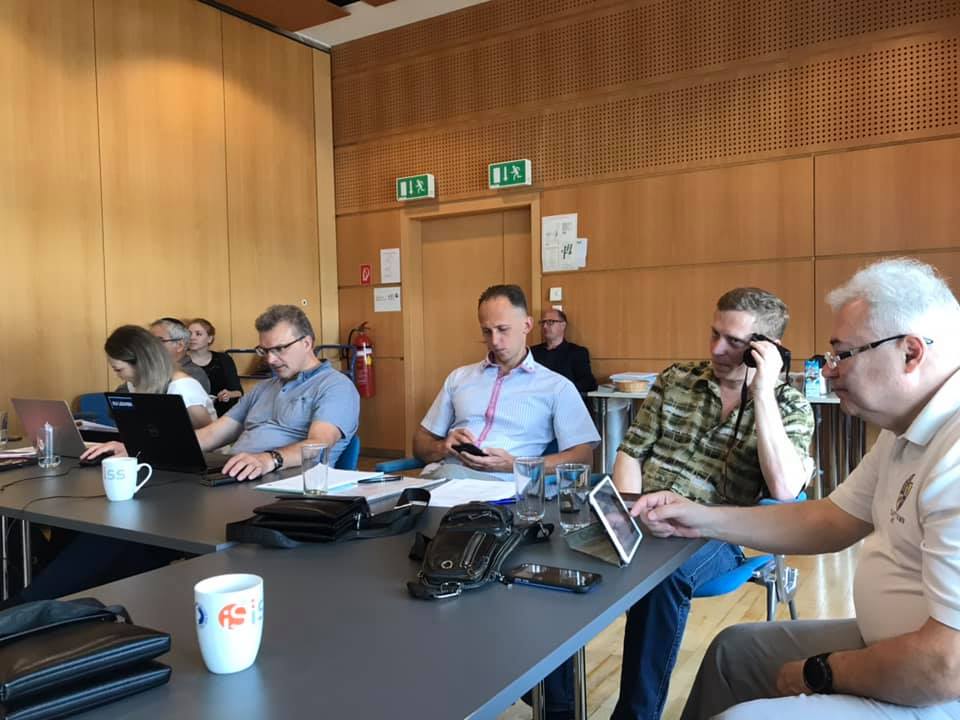[vc_section][vc_row][vc_column][vc_row_inner][vc_column_inner width=”1/4″][vc_single_image image=”2733″ img_size=”full” el_class=”.non-padding” css=”.vc_custom_1572442136367{margin-right: -15px !important;margin-left: -15px !important;}”][/vc_column_inner][vc_column_inner width=”1/2″][/vc_column_inner][vc_column_inner width=”1/4″][/vc_column_inner][/vc_row_inner][/vc_column][/vc_row][vc_row][vc_column width=”1/4″][vc_column_text css=”.vc_custom_1643615919216{margin-left: -15px !important;padding-top: 5px !important;}”] Syllabus
Moodle
Learning materials [/vc_column_text][/vc_column][vc_column width=”3/4″][vc_column_text]
Learning outcomes:
Students should be able to:
– understand the principle of operation of micro devices, microcircuits and their use in medicine;
– have the technical knowledge necessary for computer design, manufacture, analysis and characteristics of nanostructured materials, micro-and nano-scale devices for medical use;
– understand the term intelligent sensor; know its characteristics, architecture, software level and usage;
– understand the principle of building a network of sensors; know the topics for sensor networks: communication protocols, data collection and processing, energy management, safety, reliability and resilience to failure for medical use;
[/vc_column_text][/vc_column][/vc_row][/vc_section]

